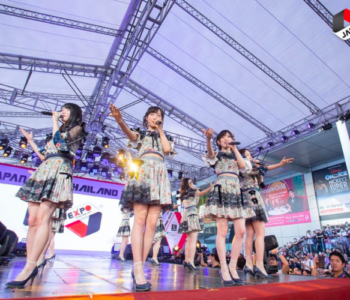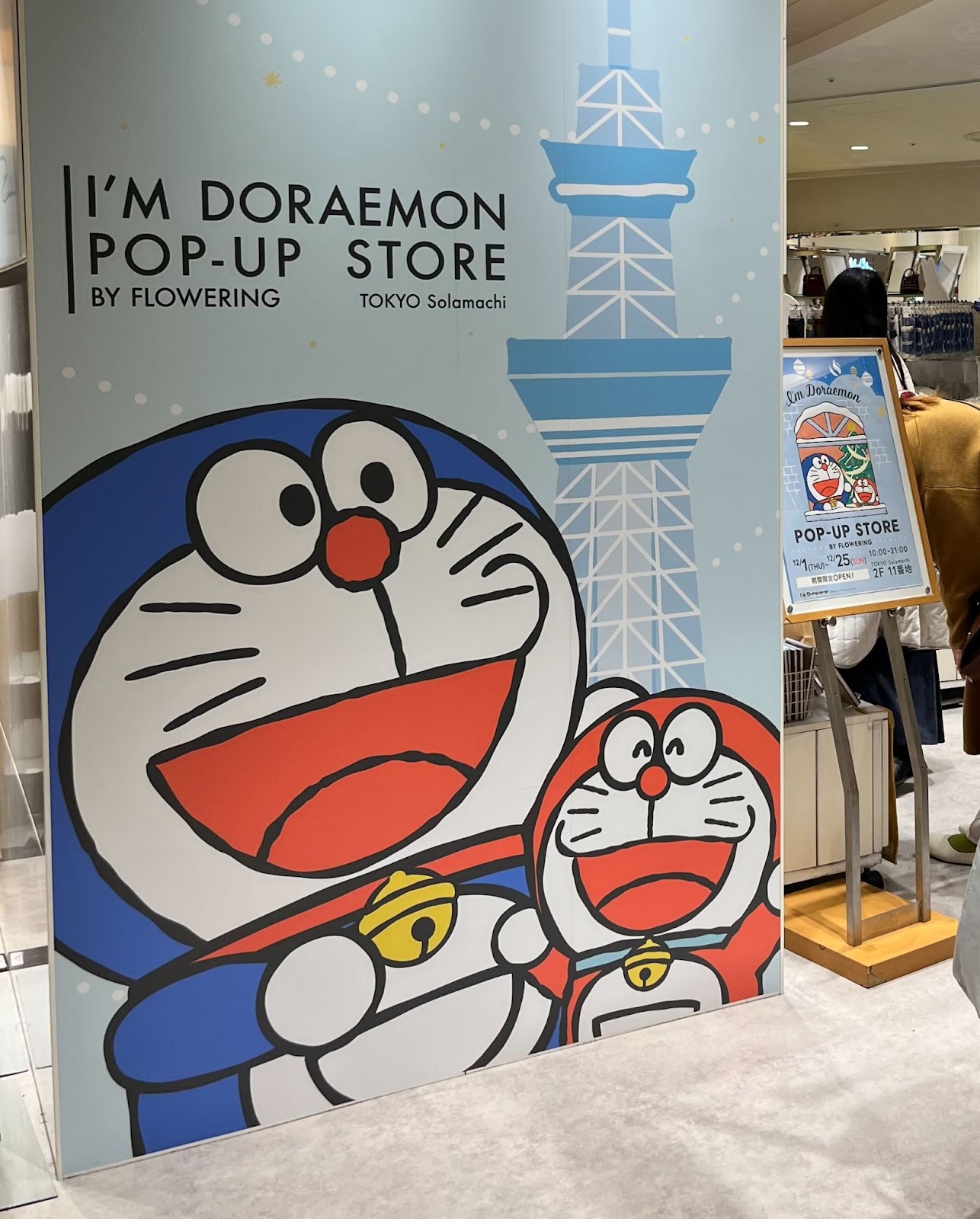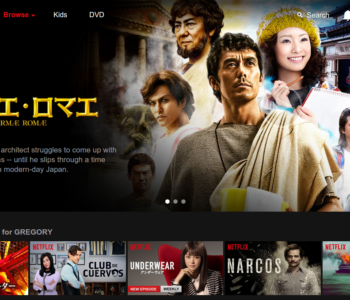 Case Studies
Case Studies
Case Study: Market Entry Research Supporting a European Integrated…
By Melissa Francis

Tokyoesque assisted an Integrated Resort operator in navigating the perceptions and experiences of Japanese, Chinese and South Korean visitors to a proposed site for an Integrated Resort in Japan.
Following the legalisation of gambling in Japan in 2018, one of the largest operators of Integrated Resorts in Europe wanted to bid to open an Integrated Resort there. In order to do this, they needed to deeply understand cultural perceptions around ideas of gambling, casinos and related services among Japanese as well as Chinese and South Korean visitors. There were a number of areas that they didn’t have expertise in.
These were namely:
- Japanese language ability
- Direct access to the local market(s)
- In-house research capabilities, and the necessary cultural knowledge.
How Tokyoesque answered the client’s research brief
To meet the client’s objective, we set up and managed a large-scale quantitative study examining the habits, perceptions and experiences of consumers from three markets; Japan, China and South Korea. Then, we co-developed a discussion guide with the client and held face-to-face interviews with local Japanese citizens in the proposed resort cities. In our final report, we made sure we provided clear and actionable recommendations based on what we had discovered, with extra cultural insights to boot.
What methodology did we use?
In order to get the results needed, Tokyoesque conducted a number of face-to-face interviews in Japan directly with people living in the areas proposed to house the Integrated Resort in Japan. Adjacent to this was an online quantitative study, through which we reached 3,000 respondents across all target markets. The research ended up spanning two phases; the first enabled the client to get an overall picture of what visitors expected, and the second honed in on some of the results obtained, looking more specifically at food, beverage and transport options.
What were the main benefits of this market research?
Tokyoesque added value to the project by providing:
- Access to a huge panel of respondents – this offered more robust, trustworthy results.
- Deep Dive Reporting – a total of four detailed analyses of the data, split by demographic. This enabled the client to clearly see the differences and similarities in behaviour and needs across the different markets.
- Cultural Spotlights – these were special sections throughout the reports, which provided extra insight over-and-above the data on other important cultural considerations.
- Need-to-know Recommendations – we based our advice on a combination of insights from the data and the team’s own cultural and practical knowledge of the Japanese market.
What we asked regarding the introduction of an Integrated Resort in Japan
PHASE 1: JAPAN ONLY

1. Proposed Cities for an Integrated Resort in Japan: Awareness & Attitudes
First of all, we asked questions that would gauge awareness of the cities proposed to host the Integrated Resort. For instance, we uncovered what the respondents thought about each location, what sort of associations they conjured, and what they would expect to find in those places. Then, we asked respondents to tell us what would be most appealing to see in those places and encourage them to make a visit either by themselves, with family members, a partner, or their friends.
2. Integrated Resorts: Awareness & Attitudes
The second part of our report outlined the results of questions specifically designed to measure respondent perceptions around Integrated Resorts, such as what primarily came to mind when they considered the term ‘IR’, how interested they were in visiting an Integrated Resort in either of the proposed locations, and aspects that would encourage them to visit an Integrated Resort in Japan.
3. Casinos: Awareness & Attitudes
The third part of the report honed in even further on a particular feature of Integrated Resorts of interest to our client—casinos. Given that there is often a sense of reluctance around the notion of gambling or betting among Japanese, we knew it was imperative to dig deeper to find out their thoughts on the subject and communicate these clearly in the report. This part of the analysis also involved probing into opinions on whether ‘nationality’ of a casino had any impact, as well as asking about their local branding preferences.
4. Perceptions of country of origin
In order to understand how perceptions of culture play a role in Japanese respondents’ decision to visit a foreign-managed Integrated Resort in Japan, we asked questions pertaining to the operator’s country of origin. This allowed us to make recommendations about what to include as key must-have features, and which aspects to avoid due to negative connotations.
PHASE 2: JAPAN, CHINA, SOUTH KOREA

For each of the three markets, we provided a detailed report with the following sections:
1. F&B: Preferences & Attitudes
The initial section drilled down into respondent preferences when choosing food at home or when travelling overseas, featuring a comparison between cuisines from four different international markets including Japan and the operator’s home country. We looked at their attitude towards pricing, perceived sense of value, how much time they typically spend eating out, and who they usually dine with among other questions. These would be crucial in determining how they would act when spending time at an Integrated Resort in Japan.
2. Transport & Travel: Preferences & Attitudes
Next, we switched the focus to transport and travel preferences relating to an Integrated Resort in Japan. With this, we were looking to understand how respondents’ travel habits would change between being in their home country and travelling overseas, including how they tend to book holidays abroad. We also asked them to tell us how transport options would encourage or discourage them from visiting the two proposed cities in Japan, and more specifically, how this would impact the likelihood of making a visit to an Integrated Resort based there.
What did our client get from this research?
At the beginning of each section, we made sure to include a summary of the results to give a solid, topline analysis. The middle part of the report was completely filled with need-to-know key figures, visuals, rankings and where appropriate, our Cultural Spotlight features to add more local depth to the results. This, coupled with the face-to-face qualitative research conducted on the ground in Japan, enabled our client to clearly see which aspects to focus on in order to have a higher chance at winning the bid to build an Integrated Resort in Japan.
This case study is one example of the market research services offered here at Tokyoesque.
Our primary focus is on the Japanese market, but we can assist with other Asian markets through our trusted network of research partners. We tailor each research project to suit your needs, working with you every step of the way to achieve the high-quality results that allow you to make practical recommendations to key decision makers in the business. Never underestimate the power of cultural insights in enabling you to do great things in Japan and beyond.
Please feel free to contact the team for a quote on your project.





